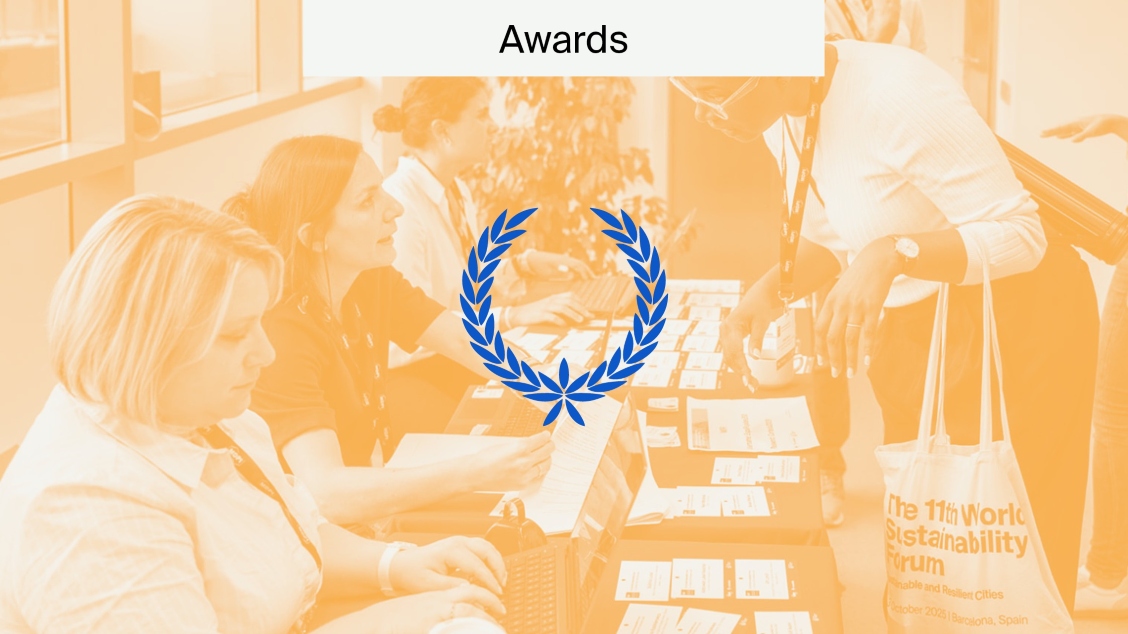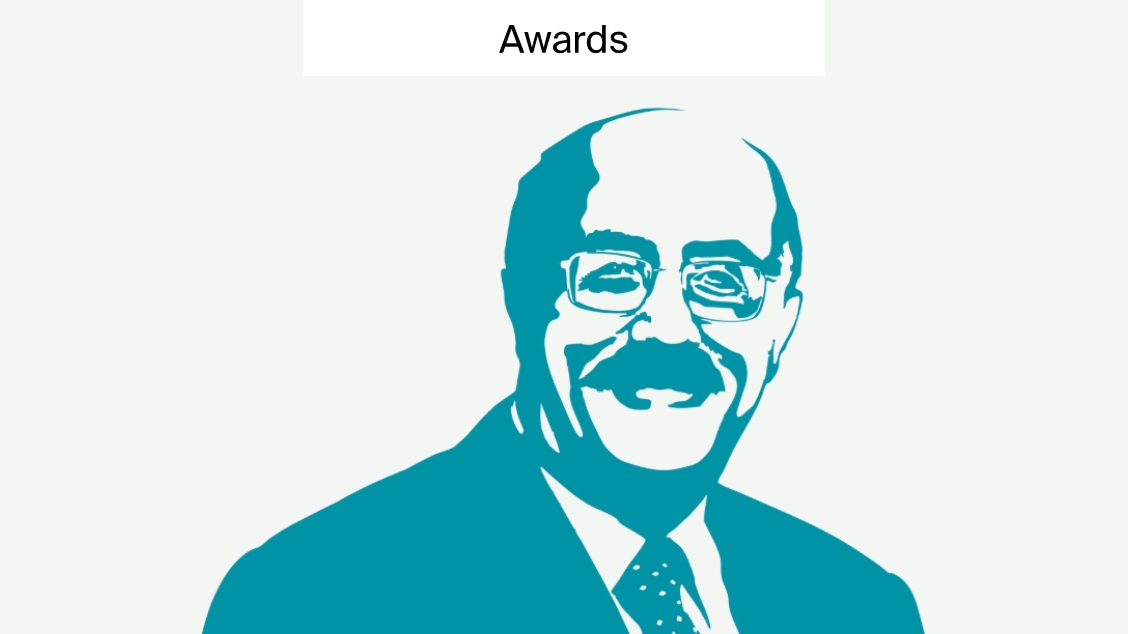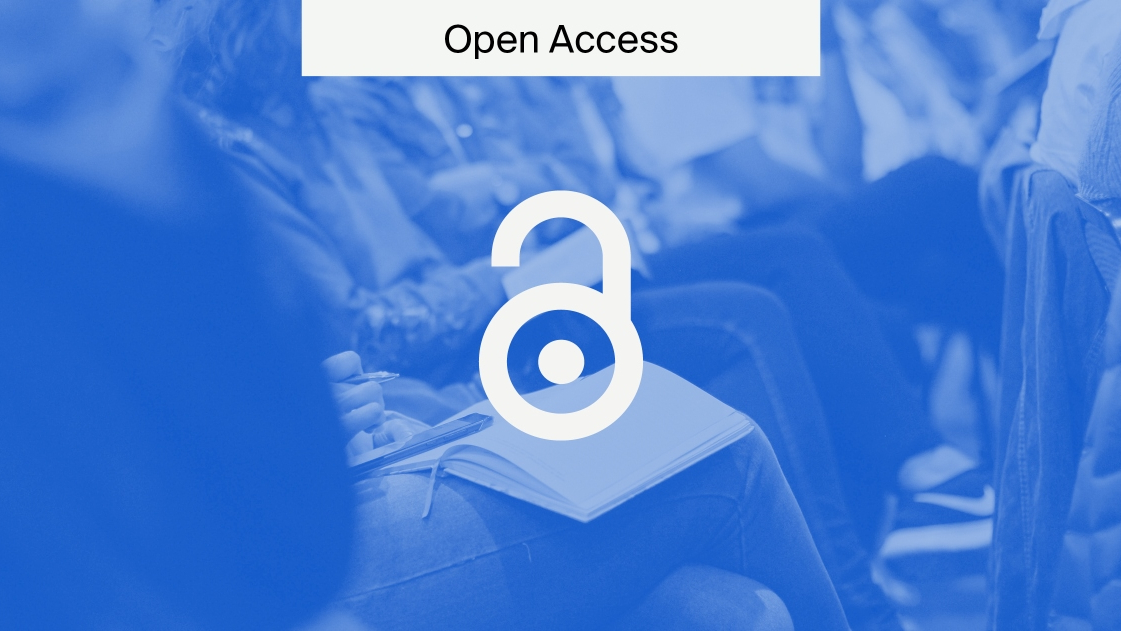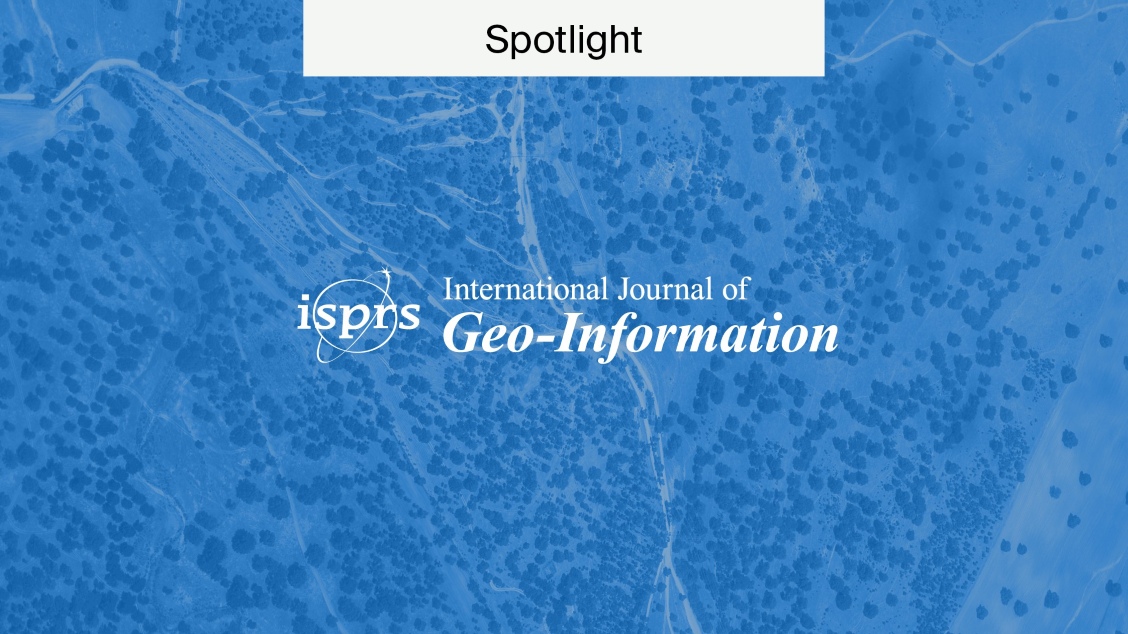
Helping Societies to Navigate an Open Access World
Scholarly societies play a fundamental role in the research community. Not only do they publish some of the leading research journals, they also represent the academic community in many different settings, providing vital networks and resources for all those working in their respective fields.
In this article series, we share important case studies that reveal how MDPI partners with societies to help them achieve their goals.
Community-Focused Societies
The community fostered by a society enables academics to connect through their work and provide support to each other throughout their careers. Societies promote openness in the group and encourage solidarity, working with members to construct strong community values. Societies support a number of community-focused initiatives that range from holding meetings and conferences to providing accreditation for continued professional development, career advice and support, and giving out awards and prizes for academic excellence.
The Power to Make a Difference
The organisation of academics into a collective voice also gives societies the power to make a difference. The more visibility that a society has, the more influence and impact it can have. Societies often have their research used by practitioners or considered in government policy. They can also advocate for change in the field and beyond. Being in an organised group can make it easier for academics to lobby government, especially on matters related to improving policy and funding. More than this, their activities can draw public interest.
Navigating the Road to Open
Despite the vital role that societies play in the research community, in recent years they have been facing a range of unexpected challenges. Many societies rely heavily on revenue from selling access to their publications and conferences. With the continued transition to open access, journal subscription incomes are declining, and many societies are concerned about the financial viability of converting their publications to full open access.
In addition, the COVID-19 pandemic and the cancellation of many in-person conferences over the past two years have had a significant impact on conference revenue. Beyond the financial implications, societies are also having to consider how a move to open access will impact the package of benefits that they offer to members, which have historically been centred around subscriptions to the society journal.
Societies: From Challenge to Opportunity
Despite these financial challenges, transitioning to open access represents a great opportunity for societies. Transitioning publications to an open access model provides the opportunity for growth, greater exposure, and the wider dissemination of their research, helping the society to increase its relevance in and impact on the world. Open access can also unlock research for those who would not have previously been able to access it, such as researchers in developing countries and the general public. The current challenges for societies therefore present an opportunity for a new era of society management. The benefits of society membership extend beyond what was once possible. Open access will be central to this evolution.
MDPI’s Society Publishing Programme
Making research and knowledge free from barriers and accessible to all is central to MDPI’s mission. As a pioneer of open access, MDPI is well placed to help support societies make the transition to open. Through our publishing partnerships programme, we work with a growing number of both societies and academic institutions to help them transition their journals in a sustainable way, and to make sure that they not only survive but thrive under an OA model.
For those societies that do not have their own journals, we also offer a specific affiliation programme to help them forge close links with an existing MDPI journal and to extend benefits to their members. We also partner with societies to help them to launch their own new journals.
If you would be interested in finding out more about our society publishing programme, or to discuss how a transition to open access could benefit your society, please get in touch with Aimee Nixon, Publisher, at info-societies@mdpi.com. Katherine Bosworth and Aimee Nixon contributed to this article.










